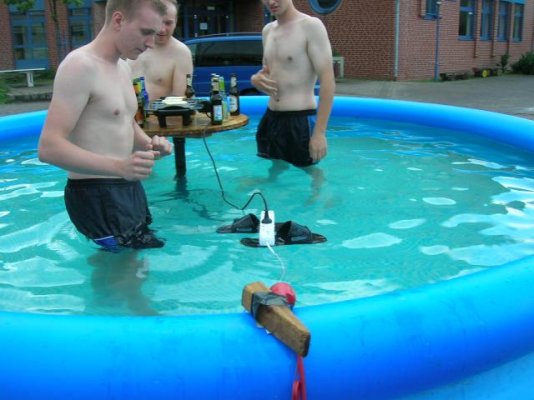Interesting, I wonder why electric fires are more common than gas? I wonder if part of it is that an electric stovetop is usually more conducive to people putting things on top of it that don't belong than a gas? For instance, I remember my grandparents use to have these round metal covers that you'd put on top of the burners. They rarely used the back burners, so they'd usually stay covered. Sometimes they'd have thing put on top of those covers as well. Unfortunately, as Grandmom got older, sometimes she'd go to cook something, but turn on one of the back burners by mistake, and they'd catch on fire. When Granddad was alive, he'd just take the burner cover, sand it off, and spray paint it. And when Grandmom did it again, lather, rinse, repeat.
Well, after Granddad died, I ended up taking the knobs off of the back burners, and boy was Grandmom pissed! When I told her that I was worried she'd burn down the house I remember her just saying "Well it's my own G D house, I'll burn it down if I want!" So, I gave her her knobs back.
And then there's those flat top electrics, where it just looks SOOO inviting to just set your groceries down or whatever on them, and forget about it.
At least with a gas stove, they have those big metal grates on top that just don't look all that inviting, to put something on that doesn't belong. Plus, I guess with a gas stove, when you turn one of the burners on, you actually see the flame, so if you did the wrong one by mistake, you're more likely to notice it.
At least, that's my thoughts on it...could be totally wrong.






